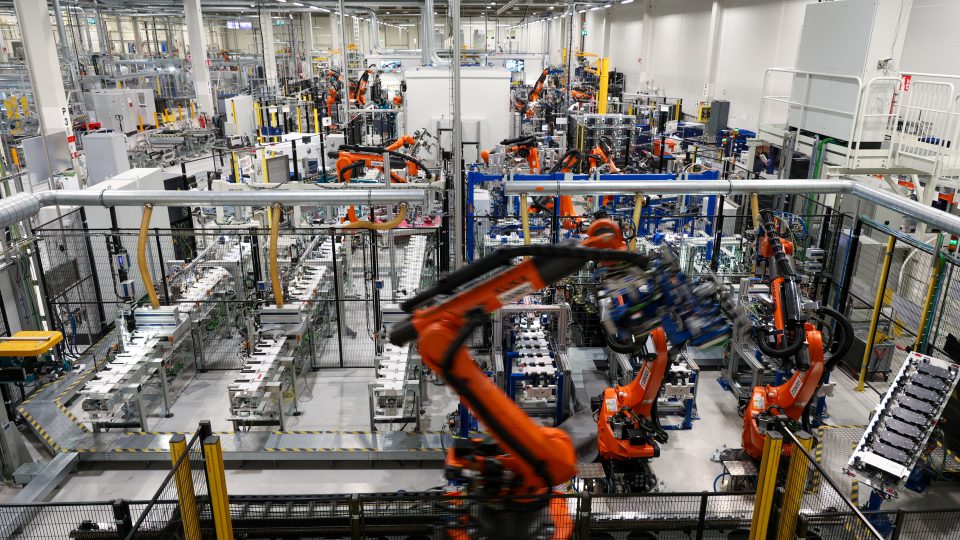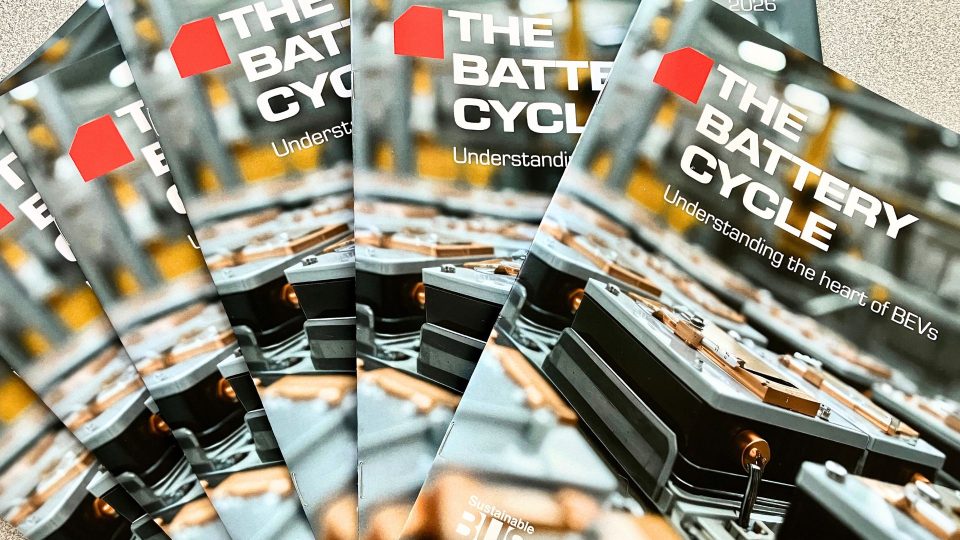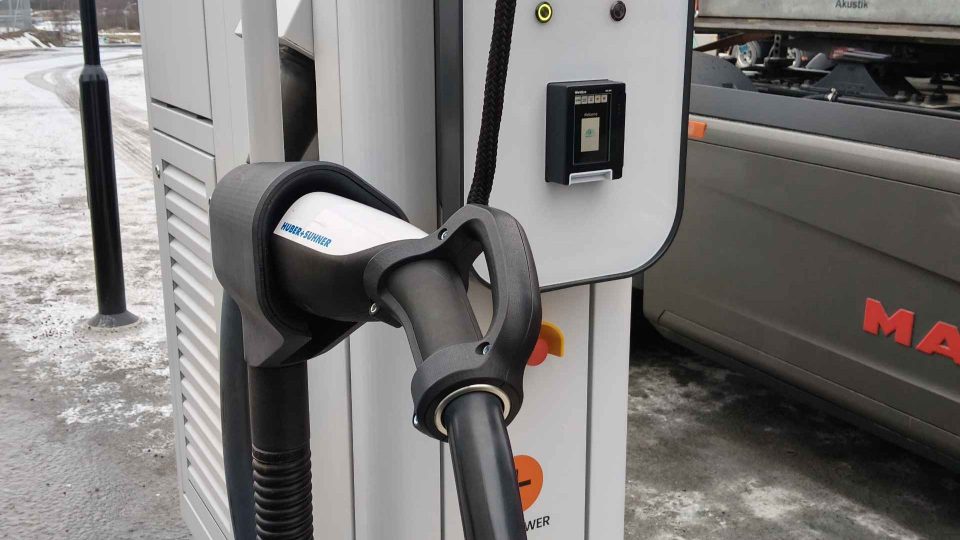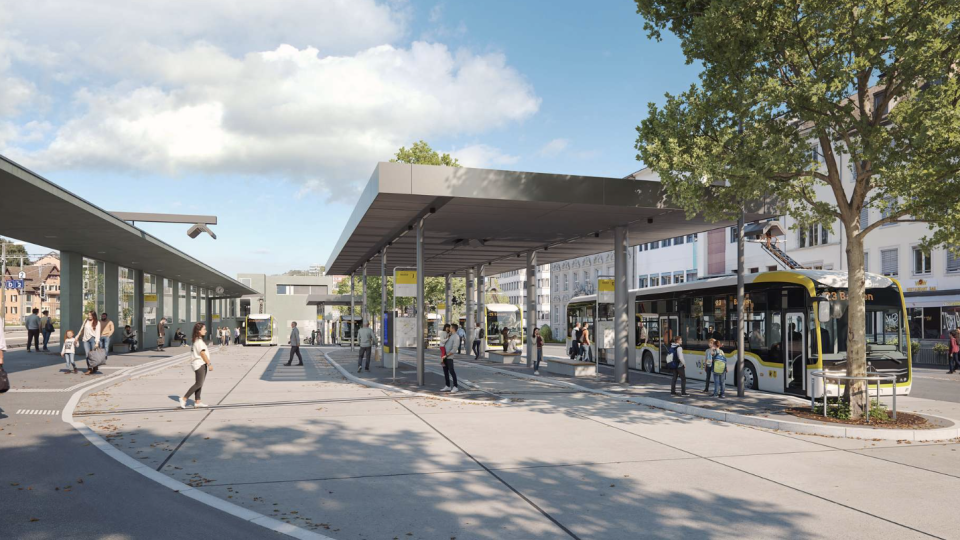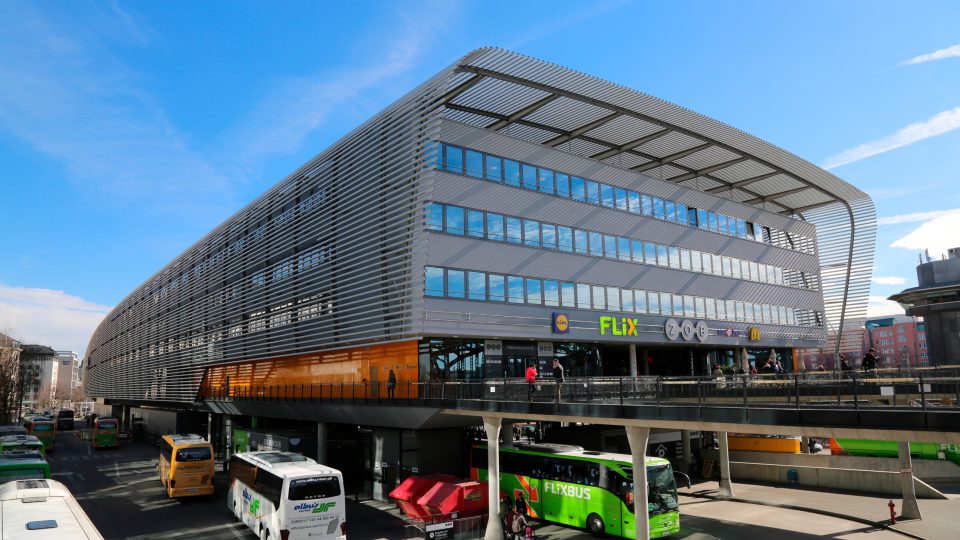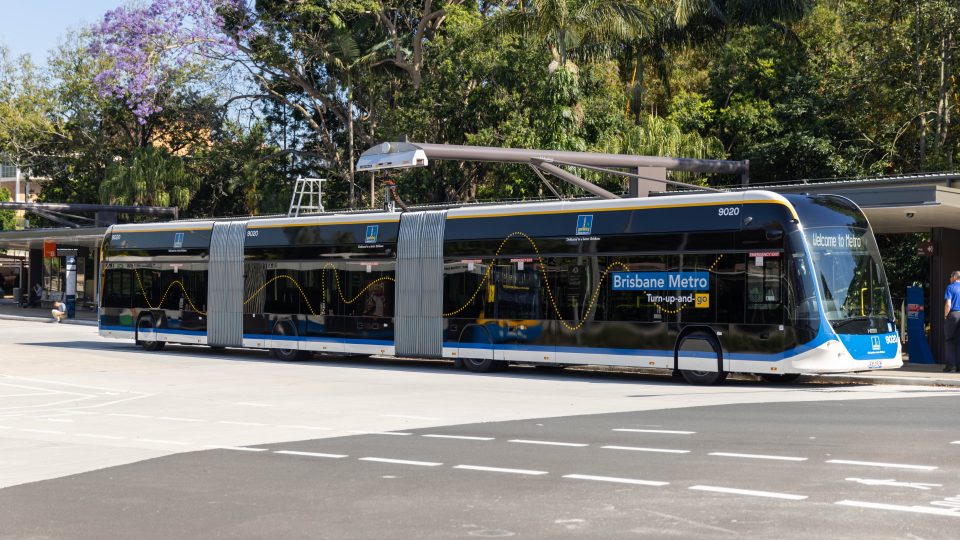Daimler Buses to build and equip new e-bus depot in Lüneburg for MOIN (plus delivery of 26 eCitaro)
Daimler Buses announces it has been awarded a turnkey contract to design and build a fully electric bus depot for the newly established MOIN Mobilitätsinfrastruktur und -betriebs GmbH in Lüneburg, south of Hamburg. The €9.6 million project, carried out by the subsidiary Daimler Buses Solutions founded in mid 2023, marks the first time the manufacturer […]

Daimler Buses announces it has been awarded a turnkey contract to design and build a fully electric bus depot for the newly established MOIN Mobilitätsinfrastruktur und -betriebs GmbH in Lüneburg, south of Hamburg.
The €9.6 million project, carried out by the subsidiary Daimler Buses Solutions founded in mid 2023, marks the first time the manufacturer has acted as general contractor for the entire development of an e-bus depot, including construction, charging infrastructure, and energy systems, Daimler Truck states.
The depot, set to go into operation in early 2026, will support MOIN GmbH’s transition to a fully electric fleet of Mercedes-Benz eCitaro buses, which will provide public transport services across the Lüneburg district from January 1, 2026. The ceremony took place on May 27, 2025, at the site in the city’s harbor industrial zone.
Both the depot and vehicle procurement are supported by Germany’s national funding program for alternative drivetrains in public transport, administered by the Federal Ministry for Digital and Transport (BMDV). Funding is provided via the Climate and Transformation Fund.
Daimler Buses to provide depot and buses in Lüneburg
Daimler Buses will indeed supply 20 eCitaro buses to MOIN GmbH, split across solo and articulated configurations. The first ten units—five solo and five articulated—will be delivered by the end of 2025. The remaining ten—seven solo and three articulated—will follow by the end of 2026.
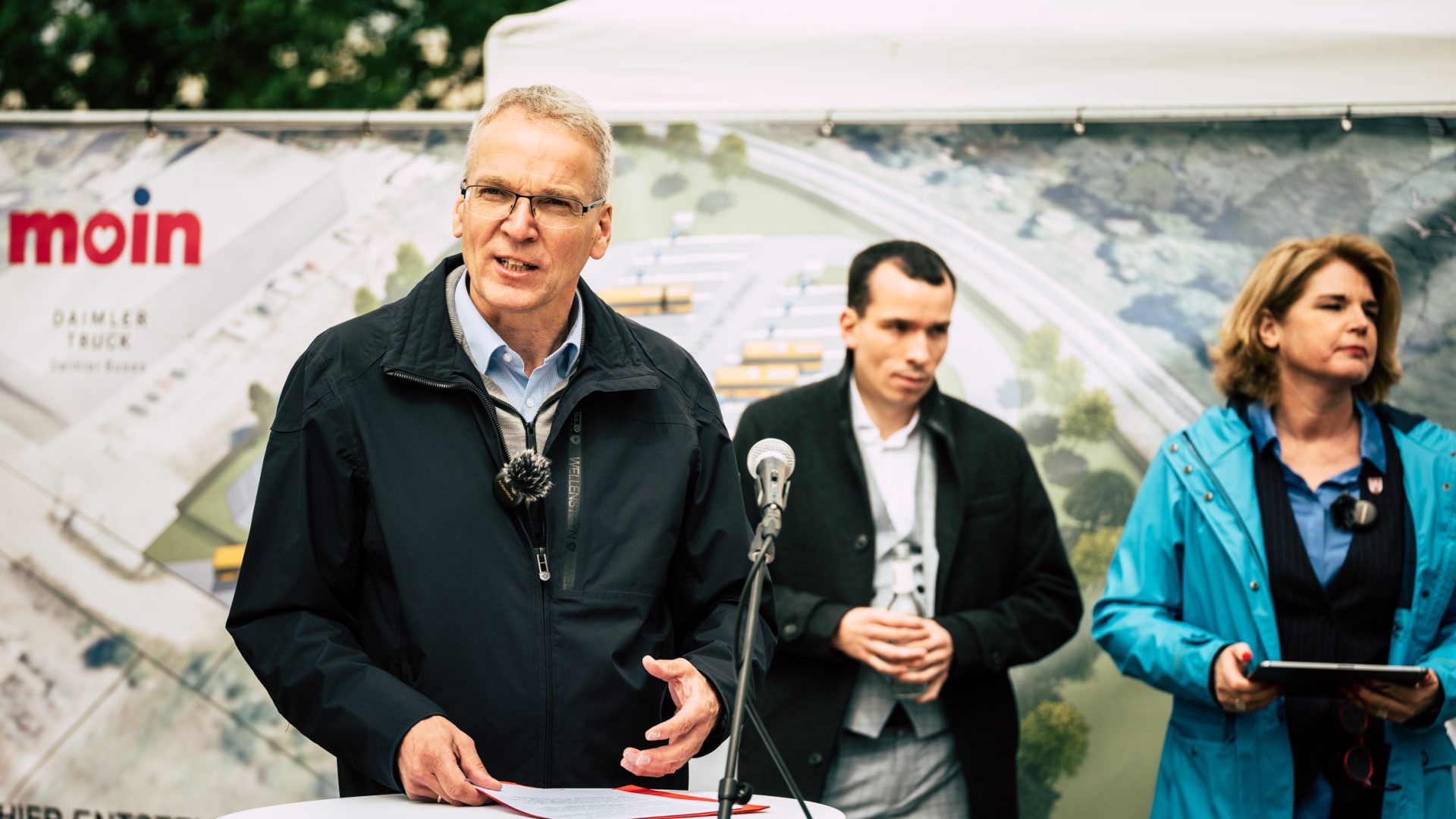
MOIN is a newly established, publicly owned company responsible for the re-municipalization of public transport in the Lüneburg district. From 2026, it will manage all aspects of local bus service operations, including planning, scheduling, route management, and customer service.
Concerning the new e-bus depot, Daimler Buses is responsible for the entire facility, including architecture, civil and structural works, electrical installations, IT systems, charging hardware, load management, and photovoltaic energy generation. The depot will include 20 charging points for battery-electric buses, two transformers, a handover substation, and a range of buildings and operational infrastructure—such as a maintenance workshop, wash facility, control center, office and social spaces, and parking for buses and private vehicles.
The depot is designed for long-term scalability and sustainability. A rooftop PV system will cover a significant portion of the site’s power demand, is stated. Charging will be conducted via plug-in connection at the depot, and the buses will be delivered with roof-mounted contact rails to support future charging technologies.
The 26 above-mentioned eCitaro vehicles feature a range of accessibility and safety technologies, including dual wheelchair spaces, MirrorCam, 360° or 270° camera systems, and modern driver assistance systems. The solo buses, with two doors, can accommodate around 80 passengers, while the three-door articulated buses are designed for approximately 120 passengers. Equipped with five or seven battery packs respectively, they offer ranges of up to 350 km (solo) and 300 km (articulated).

